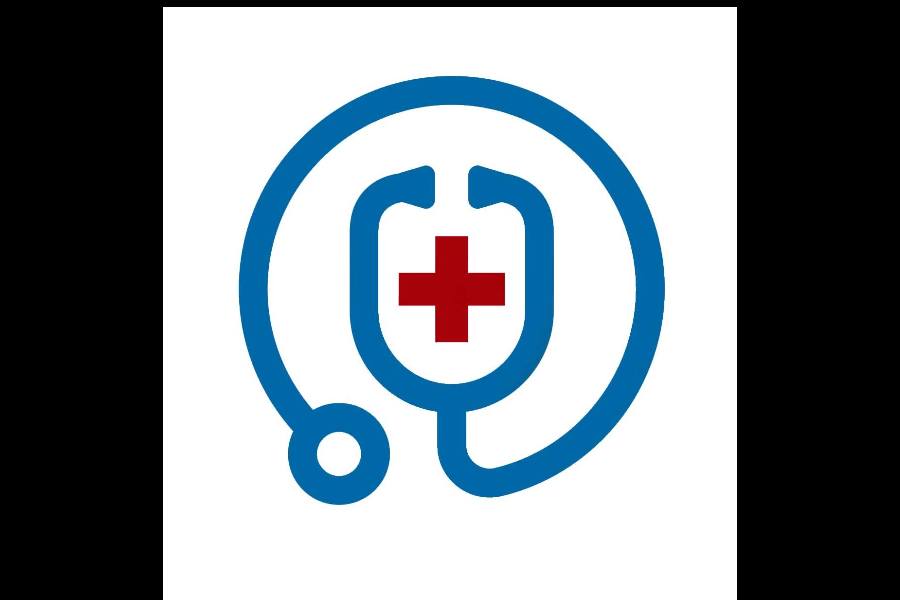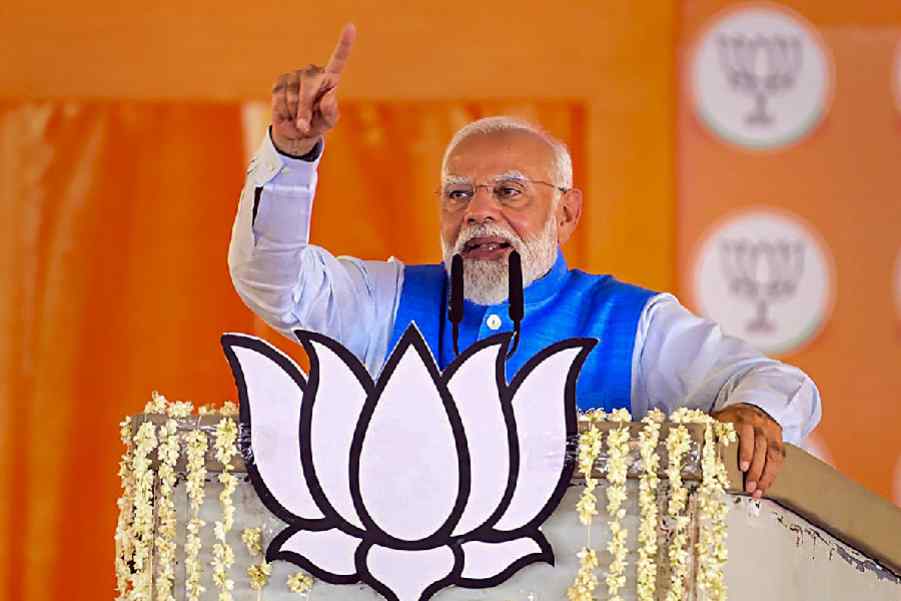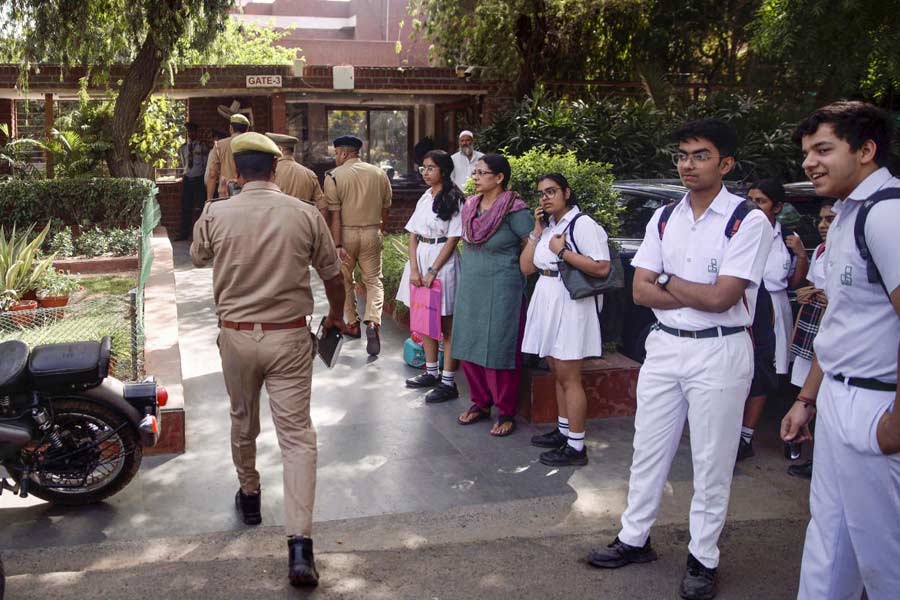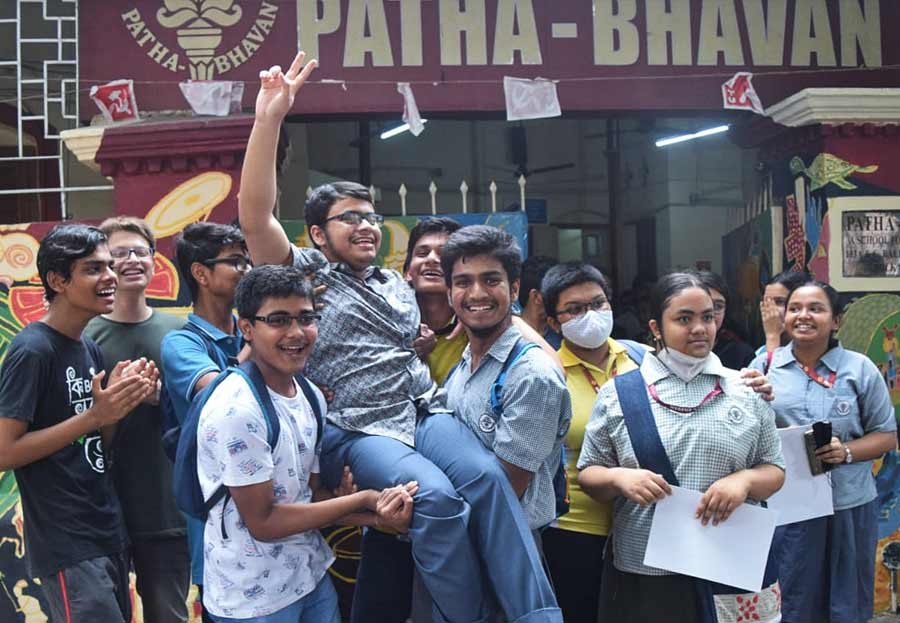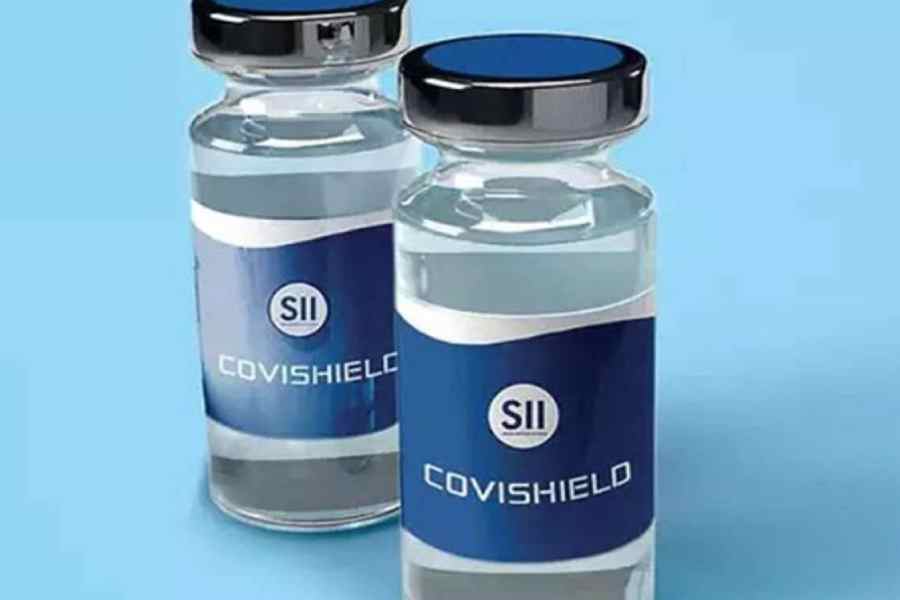An official body of medics has welcomed it, but neither doctors nor people campaigning for patients’ rights are happy with new legislation set to lower the quantum of imprisonment for doctors convicted of medical negligence.
The Indian Medical Association (IMA), the country’s largest body of doctors, plans to continue its efforts to persuade the government to exempt doctors from criminal prosecution for medical negligence, a long-standing IMA goal unachieved under the legislation passed by Parliament last week.
The Bharatiya Nyaya Sanhita (BNS) that seeks to replace the 1860 Indian Penal Code (IPC) prescribes a shorter maximum imprisonment for doctors convicted of causing death by medical negligence than for others. But it does not exempt doctors from criminal prosecution, a top IMA official said.
Under the BNS, causing death by negligence — such as by rash or reckless driving — will be punishable by up to five years’ imprisonment, but doctors convicted of medical negligence will face up to two years imprisonment.
“We welcome this change — for the first time, the government has recognised that deaths from medical negligence cannot be viewed as equal to deaths from
negligence in other situations,” said R.V. Asokan, the IMA’s national president-elect. “But we will continue to seek exemption from criminal prosecution.”
The legislative amendment specifying a lower quantum of maximum imprisonment for doctors comes amid long-standing concerns among sections of doctors about complaints filed by patients or their relatives seeking monetary compensation from doctors and criminal prosecution of doctors for alleged medical negligence.
Sections of doctors have long argued that many such complaints spring from poor understanding of medicine and some appear intended to intimidate the doctors against whom allegations have been made into providing financial compensation to complainants.
“Mindless criminal prosecution of doctors has resulted in harassment and practice of defensive medicine,” the IMA had said in a note sent to the Prime Minister’s Office on November 23, pleading for the exclusion of professional services of doctors from criminal negligence.
The shorter maximum imprisonment for doctors emerged after the IMA wrote to Union home minister Amit Shah on December 12, opposing a version of the BNS bill circulating at the time that had prescribed a maximum of five years imprisonment for all convicted of negligence.
But a non-government group called People for Better Treatment (PBT) advocating patients’ rights has signalled its intention to challenge the shorter maximum prison term for doctors under the new law.
“We’re waiting for it to be notified — we’ll then challenge it in court,” said Kunal Saha, a US-based physician who is the founder of the PBT, the Calcutta-based non-government group that has been tracking medical negligence cases in the country for over a decade. “All are equal under law. How can the law single out a particular profession?”
Saha said the PBT believes the new law is unconstitutional and emerged only under pressure from the medical lobby to address what he describes as an “imaginary” problem. “As far as we know, not a single doctor has been convicted and then actually punished under criminal prosecution for medical negligence,” Saha said. “Some trial courts have convicted doctors, but they have gone free after rulings by higher courts.”
Some doctors, however, view the provisions in the BNS — despite the shorter maximum imprisonment — more stringent than the provisions under the IPC. Section 304 of the IPC says whoever causes death by doing any rash or negligent act not amounting to culpable homicide shall be punished with imprisonment for up to “two years, or fine, or with both”.
Under the BNS provisions, the punishment may extend to “two years and shall also be liable to fine”. One doctor said the BNS text, by replacing “or” with an “and,” adds a jail term, irrespective of the fine.

